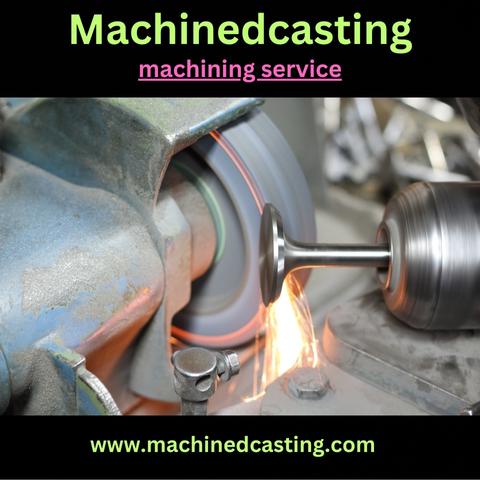Machining services are at the core of precision manufacturing, playing a crucial role in creating custom parts, components, and products across various industries. Whether you're a professional engineer, a hobbyist, or a business owner seeking machining solutions, this comprehensive guide will provide you with a detailed understanding of machining services, their types, and how to choose the right machining service for your specific needs.
What is Machining?
Machining is a manufacturing process that involves removing material from a workpiece to create a desired shape, size, or finish. It is often used to achieve high precision and tight tolerances in the production of parts and components.
Types of Machining Services
-
CNC Machining: Computer Numerical Control (CNC) machining is a versatile and highly automated process. CNC machines are programmed to cut, shape, and finish materials with exceptional precision. Common CNC processes include milling, turning, and drilling.
-
Laser Cutting: Laser cutting uses a high-energy laser beam to cut through materials with remarkable precision. It is ideal for cutting intricate shapes and patterns from various materials, including metal, plastic, and wood.
-
Waterjet Cutting: Waterjet cutting uses a high-pressure stream of water mixed with abrasive materials to cut through materials. It is suitable for cutting materials that may be sensitive to heat, like certain metals and composites.
-
EDM Machining: Electrical Discharge Machining (EDM) employs electrical discharges to remove material from the workpiece. This method is excellent for intricate, detailed work on hard materials.
-
Grinding: Grinding is used for achieving fine surface finishes and precise dimensions. It involves abrasion with grinding wheels or belts, and it's commonly used for sharpening tools and creating precise shapes.
Choosing the Right Machining Service
Selecting the right machining service is crucial to ensuring that your project is completed to your specifications. Here are some steps to guide your decision:
1. Identify Your Needs: Define your project's specific requirements, such as material type, dimensions, tolerances, and quantity. The choice of machining service depends on these factors.
2. Budget Considerations: Determine your budget, as different machining processes have varying costs. Consider the trade-off between precision and price.
3. Material Compatibility: Ensure that the machining service is compatible with the material you're working with, whether it's metal, plastic, wood, or another substance.
4. Precision Requirements: Consider the required precision and tolerances for your project. CNC machining is known for its high precision, while other methods may be more cost-effective for less demanding tolerances.
5. Lead Time: Assess the time frame for your project. Some machining services may offer quicker turnaround times than others.
Quality Assurance: Check if the machining service provider has a quality control process in place. Ask for references or reviews from previous clients to ensure their reliability and consistency.
Conclusion
Machining services are the backbone of precision manufacturing, offering a wide range of options to create custom parts and components with exacting standards. By understanding the types of machining services available and following the steps to choose the right one for your project, you can ensure that your manufacturing needs are met efficiently and effectively. Whether you're a professional engineer or a DIY enthusiast, machining services are a key resource in bringing your ideas to life with precision and accuracy.


No comments yet